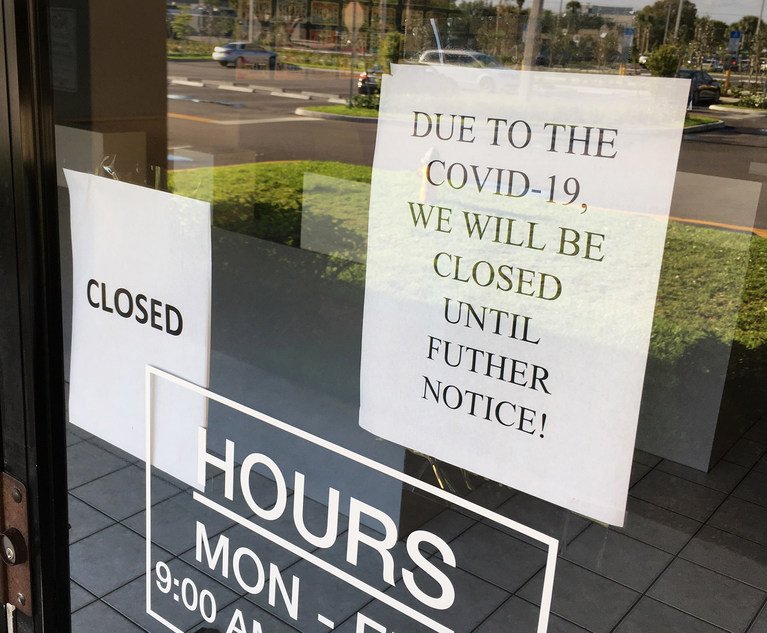 The Iowa Supreme Court unanimously rejected a private golf club's argument that loss of use of its restaurant during shutdown orders was enough to trigger recovery for business losses under its insurance policy. (Photo: J. Albert Diaz/ALM)
The Iowa Supreme Court unanimously rejected a private golf club's argument that loss of use of its restaurant during shutdown orders was enough to trigger recovery for business losses under its insurance policy. (Photo: J. Albert Diaz/ALM)
Insurers who denied damage liability claims related to several businesses forced to close during the pandemic were vindicated by recent rulings in two state supreme courts.
Recommended For You
Want to continue reading?
Become a Free PropertyCasualty360 Digital Reader
Your access to unlimited PropertyCasualty360 content isn’t changing.
Once you are an ALM digital member, you’ll receive:
- Breaking insurance news and analysis, on-site and via our newsletters and custom alerts
- Weekly Insurance Speak podcast featuring exclusive interviews with industry leaders
- Educational webcasts, white papers, and ebooks from industry thought leaders
- Critical converage of the employee benefits and financial advisory markets on our other ALM sites, BenefitsPRO and ThinkAdvisor
Already have an account? Sign In Now
© Touchpoint Markets, All Rights Reserved. Request academic re-use from www.copyright.com. All other uses, submit a request to [email protected]. For more inforrmation visit Asset & Logo Licensing.







